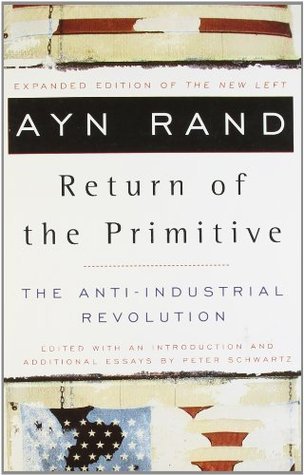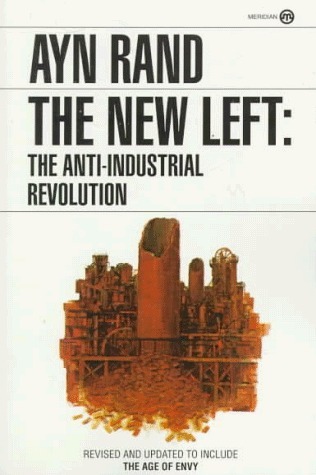
The Virtue of Selfishness: A New Concept of Egoism
Book Description
Imagine a world where self-interest is not just acceptable but celebrated. In "The Virtue of Selfishness," Ayn Rand shatters conventional notions of altruism and offers a bold new framework for understanding egoism. This provocative manifesto champions rational self-interest as the foundation for personal and societal flourishing, challenging the status quo and igniting fierce debates. With clarity and conviction, Rand unveils the power of individualism and its moral significance, urging a profound rethink of ethics. Can embracing one's own desires lead to a greater harmony in humanity, or does it unravel the very fabric of society?
Quick Book Summary
"The Virtue of Selfishness" by Ayn Rand redefines traditional views on morality, arguing that rational self-interest constitutes the core of ethical behavior. Drawing from her philosophy of Objectivism, Rand asserts that self-sacrifice and altruism undermine personal rights and the well-being of society. She posits that individuals should pursue their own happiness and value systems using reason as their primary guide. Through a series of essays, Rand and co-author Nathaniel Branden contest prevailing moral standards, challenging the notion that selfishness is inherently wrong. By rooting ethics in reason, Rand explores the implications for political systems, personal relationships, and individual fulfillment. The book ultimately proclaims that a society which champions individual rights and rational self-interest lays the groundwork for genuine human flourishing.
Summary of Key Ideas
Table of Contents
Rational Self-Interest as Moral Principle
Ayn Rand begins by defining the concept of selfishness, detaching it from common negative connotations and instead framing it as a rational, conscious pursuit of one’s own interests. She emphasizes that to act in one's own true interest is to act in accordance with reason, long-term values, and integrity—fundamental virtues in her philosophy. Rand criticizes the traditional moral codes that glorify self-sacrifice, viewing such notions as destructive and fundamentally anti-life. She meticulously distinguishes between rational self-interest and unthinking or short-sighted greed, positing that only actions grounded in reason qualify as moral.
The Critique of Altruism
Rand next confronts the idea of altruism, arguing that moral codes which exalt self-sacrifice and the duty to others are incompatible with the requirements of individual life and happiness. She claims that altruism undermines individual rights and sets up a moral framework where people are judged by the extent to which they subordinate their own interests. In Rand's view, this fosters guilt, resentment, and dependency, preventing individuals from achieving their full potential.
Individual Rights and Political Freedom
The book then turns to the political implications of Rand’s ethical system. She defends individual rights as the only moral foundation for a free society, arguing that each person's life belongs solely to themselves. According to Rand, legitimate governments exist solely to protect these rights, not to distribute goods or enforce arbitrary moral duties. She criticizes any form of collectivism or statism, maintaining that they violate personal freedom and individual autonomy. Capitalism, in her view, is the only political system consistent with rational self-interest and individual rights.
Objectivism and Ethical Egoism
Rand elaborates on Objectivism, her comprehensive philosophical system, placing ethical egoism at its core. She and co-author Nathaniel Branden explain how rational self-interest guides all personal and social interactions. By using reason as the ultimate standard, individuals can determine their values, pursue purposeful goals, and establish productive relationships. The book asserts that living for one’s own sake—while respecting the rights of others to do the same—is the only path to authentic happiness and meaningful existence.
The Social Harmony of Free Individuals
Finally, Rand addresses the misconception that a world guided by self-interest would devolve into chaos or conflict. She argues that when individuals deal with one another as traders—voluntarily exchanging value for value—a harmonious society results. Mutual respect, not sacrifice, becomes the basis of human association. Rand concludes that only by embracing rational selfishness can society avoid the pitfalls of coercion, envy, and strife, and instead achieve a durable prosperity and moral clarity.
Download This Summary
Get a free PDF of this summary instantly — no email required.





